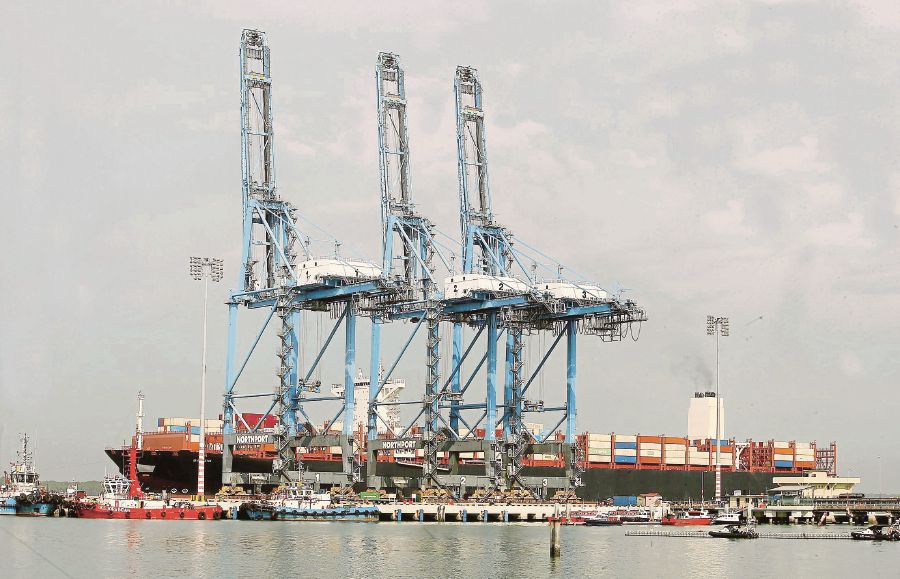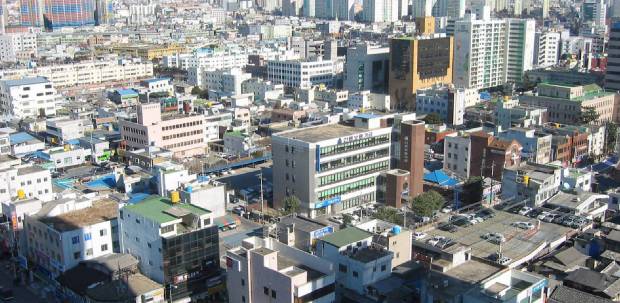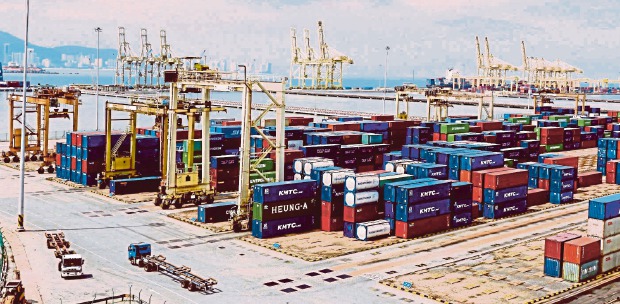INTERNATIONAL trade is important to Malaysia as our trade volume (exports and imports combined) exceeds 100 per cent of the gross domestic product (GDP) and is worth trillions of ringgit.
It once even touched 200 per cent of GDP.
So the role of ports in the nation's economic recovery becomes more relevant as much of our trade is carried as sea cargo.
Malaysia's strategic position, with the Straits of Malacca and South China Sea around us and the proximity of Singapore's port, makes it imperative that our ports assist in wealth creation.
Ports are connected with the production system, logistics, infrastructure and communications.
Ports can also support the tourist industry. A cruise ship can carry 4,000 tourists and crew.
Tourists help businesses close to ports in Sabah, Penang and Klang.
Connectivity is made even more critical as the economy and its players use greater digitalisation.
The National Recovery Council secretariat, together with its chairman, Tan Sri Muhyiddin Yassin, visited Port Klang and Westport in particular.
Almost all the cranes were being used, which is a good sign.
Ports in Klang do not face a shortage of workers given their greater reliance on local workers.
It is understood that ports in Johor are affected by the labour shortage on account of the more attractive wages in Singapore.
We do see, however, that the road leading to the port is narrow and congested during peak hours, and that accidents caused jams.
Perhaps we can upgrade the road. Private sector funding can be tapped for this project.
There is no more greater concern at the port than the need to integrate with the Customs system to expedite cargo clearance and movement.
For ships, such as containers, turnaround time is critical.
Ports may lose business if their turnaround time does not improve. We can learn from Singapore where turnaround time is minimal.
We were informed that the port-related logistical performance index declined from 2015 to 2018. We have to beef this up.
Ports in Sabah and Sarawak have their own business issues. Port authorities, together with planning and budgeting officials, need to support port development and improve port efficiency.
Ports are part of the national maritime economy and to improve their performance, we have to improve the maritime ecosystem.
Having shipbuilding and shiprepair industries in their midst, together with adequate bunkering facilities, must be considered too.
Additionally, financing facilities and incentives for shipping and port activities can be developed.
The rapid growth of Indonesia and Vietnam, increasing concerns about the South China Sea by the superpowers, and the increasing number of ships in the straits pose an obvious narrative.
We have to give more attention to the maritime industries and their potential.
It is understood that the authorities, such as the Transport Ministry, are preparing a long-term masterplan for port development. This is long overdue.
The writer is chairman of the Malaysian Institute of Economic Research and Chief Executive Officer of the National Recovery Council
The views expressed in this article are the author's own and do not necessarily reflect those of the New Straits Times





